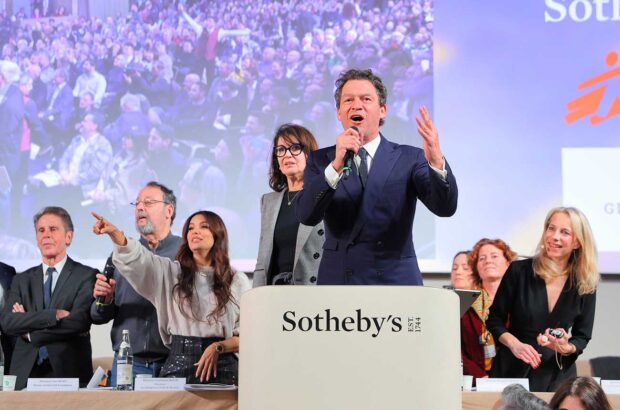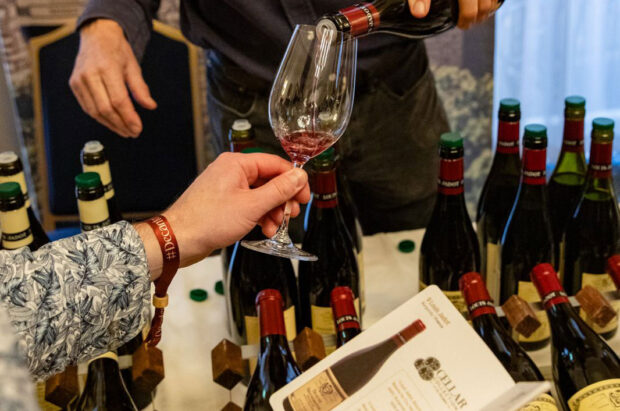Does snoring get worse after drinking wine...?
Does drinking wine cause snoring? – ask Decanter
Jane Williams, Brighton, asks: Is there a causal relationship between my husband’s snoring and the amount of wine he consumes?
Michael Apstein MD replies:
People usually snore when the oropharynx – the part between the back of the mouth and the top of the trachea, or windpipe – becomes partially blocked.
Alcohol relaxes muscles, including in the oropharynx, which can allow tissues in the back of mouth to collapse and obstruct normal breathing.
Despite this logical explanation, the connection between snoring and alcohol intake has not been widely studied.
Nonetheless, doctors specialising in disorders of sleep, including snoring, recommend avoidance of alcohol, especially before sleep.
-
The science of two alcohol free days a week
-
Is ‘dry January’ beneficial?
-
How to count calories in wine – ask Decanter
Since plenty of people drink wine and do not snore, it may not be the sole cause of your spouse’s snoring.
Smoking, sleeping on one’s back and obesity, to name just a few, are all associated with increased snoring.
I suggest an experiment; don’t drink any wine for three or four nights and see if snoring improves.
Repeat the experiment a couple of times during the month to be sure the results are consistent.
Michael Apstein MD is assistant professor of medicine at Harvard Medical School and a freelance wine writer. Edited for Decanter.com by Ellie Douglas.
-
Read more notes and queries every month in Decanter magazine. Subscribe to the latest issue here
-
Got a question for Decanter’s experts? Email us: editor@decanter.com or on social media with #askDecanter
More questions answered:

Counting alcohol units – ask Decanter
Everyone talks about them, but who understands them?...

High alcohol wines – ask Decanter
Do higher alcohol levels in wines impact on cellaring potential and drinking windows?

Keeping decanters clean – ask Decanter
How do you keep your decanter crystal-clear over time?

Best glass for Riesling – ask Decanter
What is the best shaped glass to use for Riesling...?

Mystery wine fault – ask Decanter
Faults in wines are not always easy to define. We asked Rob MacCulloch MW to explain us a little more

What is natural wine? – ask Decanter
There's no strict definition...

Is pale rosé wine better quality? – ask Decanter
Always pick the lightest...?







